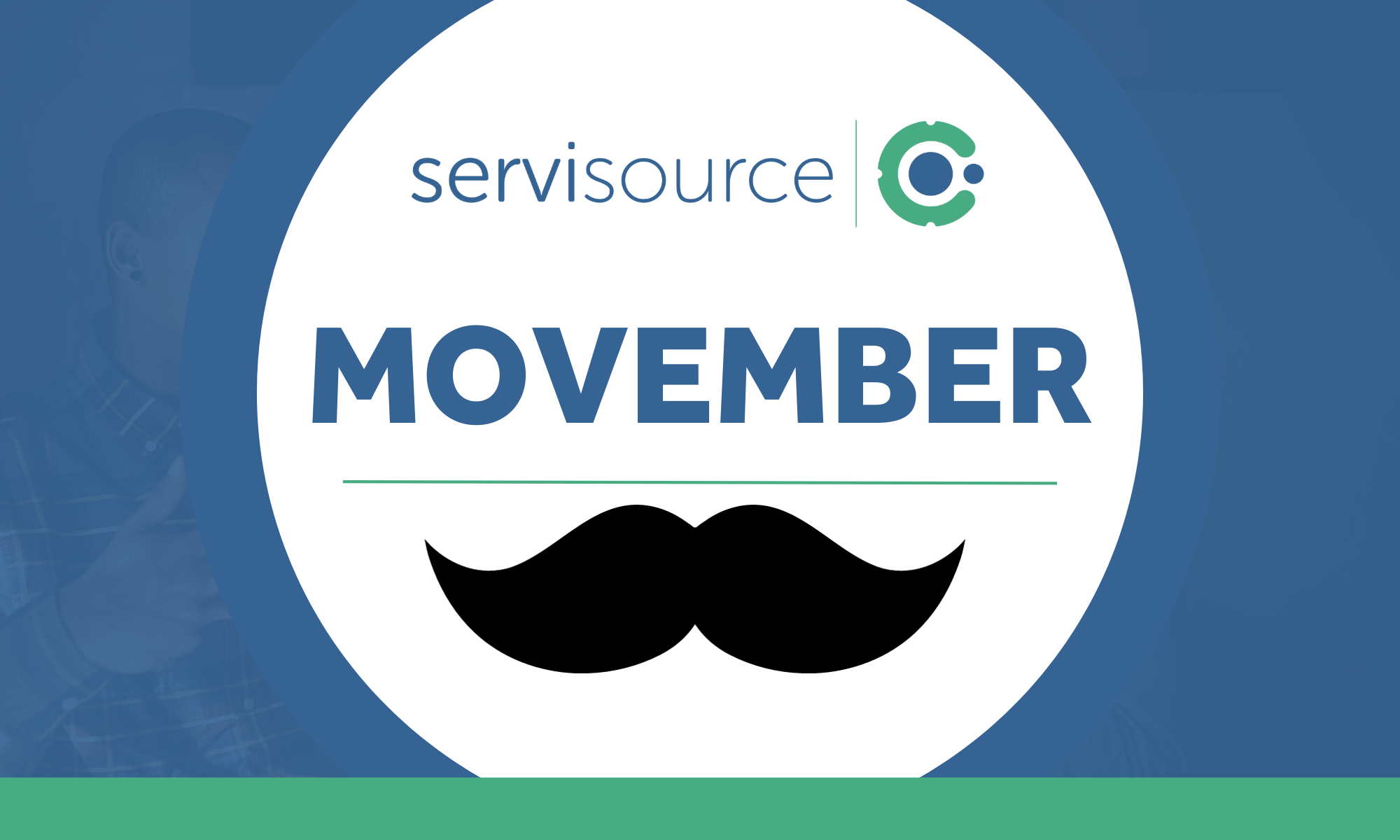The Nursing and Midwifery Council and Supporting Information
The Nursing and Midwifery Council (NMC), an independent regulator, focuses on nurses, midwives, and nursing associates in the UK and England. Their purpose is to make sure that the practices of nursing and midwifery are secure, effective, and compassionate. They oversee and monitor these professions and the public, to ensure their well-being.
As Servisource stated in our previous blog, The NMC Announce Employers Can Provide Supporting Information For English Language Proficiency, this process is discussed in more detail in the following blog, allowing more high-quality professionals to join the register, helping to provide better care to the public.
SIFE is additional supporting information from an employer that certain applicants to the NMC register can provide as part of their evidence that they meet the NMC’s English language requirements.
As of 27 May 2023, all prospective applicants who haven’t yet submitted their NMC Online applications can now use SIFE via the NMC Online application process.
In September 2022, their Council agreed that SIFE could be used as additional supporting evidence of English language competence, for those people who have been working for 12 months (or FTE equivalent if working part-time) in non-registered practice in a health and social care setting in the UK.
Applicants trained in English in a country where English is not the majority spoken language can use SIFE to evidence listening and speaking competence, demonstrating their ability to interact clinically in English with people who use services, their families, carers, and other healthcare professionals.
Which applicants can provide this supporting information?
Those people who have working for 12 months (or FTE equivalent if working part-time) in non-registered practice in a health and social care setting in the UK and who either:
Applicants must have:
Their line manager will be asked to provide information via a link to NMC online to confirm direct experience of their English language competence. Their line manager should be an NHS Band 6 (or non-NHS equivalent) or above. This information also needs be countersigned by an NMC registrant who is an NHS Band 8a (or non-NHS equivalent) or above, to confirm the process has been fair and consistent.
How to access the SIFE form?
The process is fully automated, applicants will access SIFE as part of the application process on NMC online. They will automatically send the applicant’s line managers and counter-signatories a link to provide SIFE via their NMC Online accounts, based on information the applicant provides. Servisource advises you to stay updated by visiting the NMC’s website in relation to these amendments.
At Servisource, we place International Healthcare Professionals in permanent positions across the UK in the private sector and NHS, while offering career progression within a supportive work environment.
Our team conducted all necessary compliance, educational and police checks, and offer visa assistance and onboarding help when needed. This means each successful candidate is ready to begin work without administrative issues, and can focus on what matters most, their patients.
















